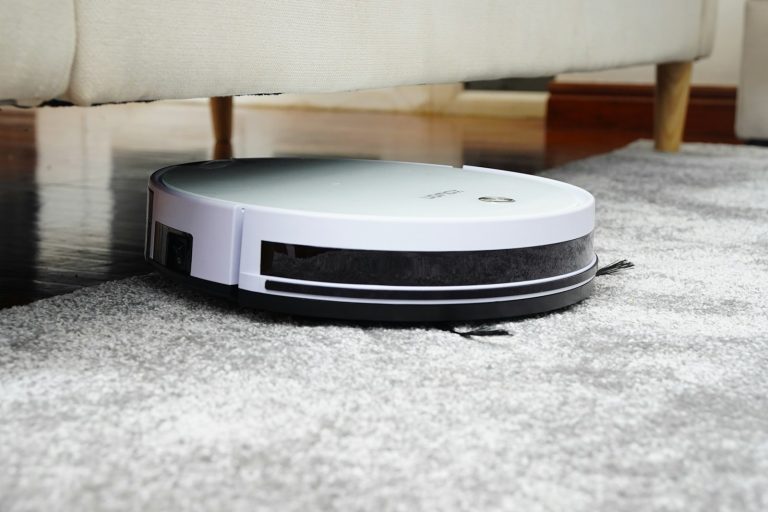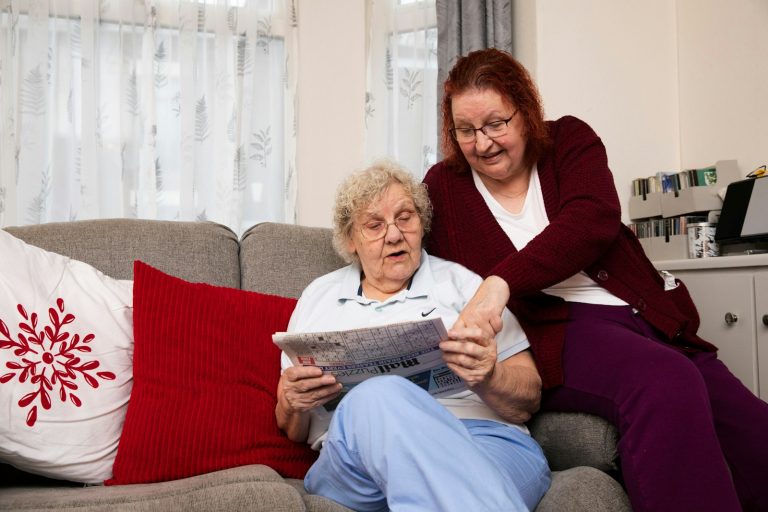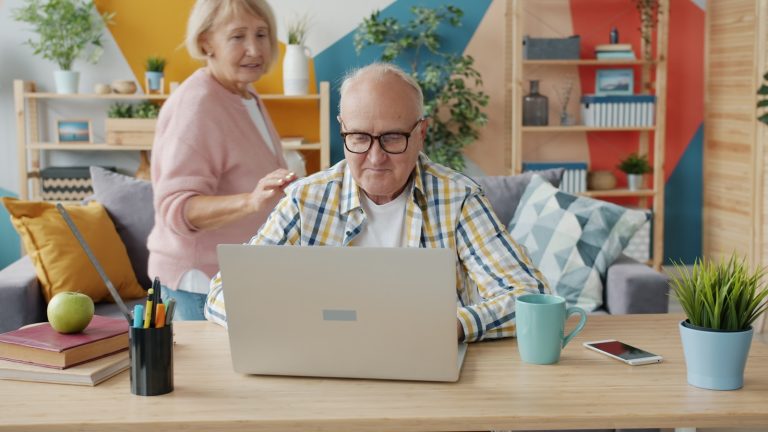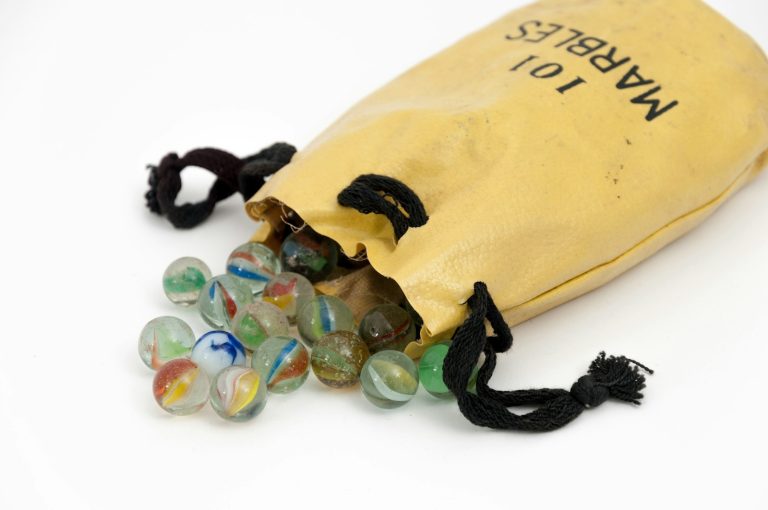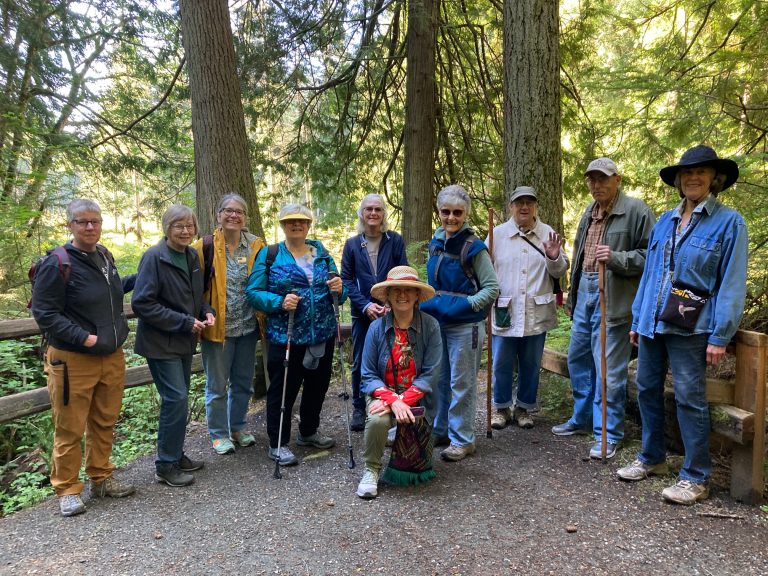Social Connections and Dementia, by Teepa Snow of Positive Approach to Care is published in the Spring, 2024 edition of Vibrant Senior Options Resource Guide with permission.
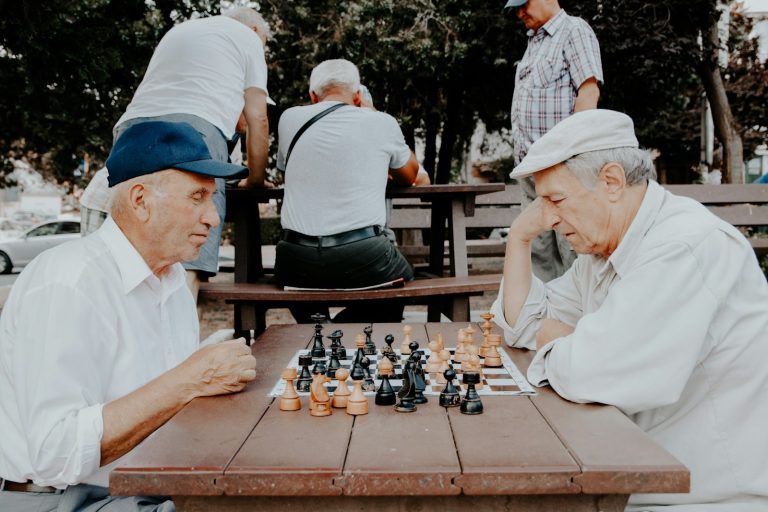
The need and desire for social connections are different for each individual. Some get their energy from being in the presence of other humans Some individuals require frequent periods of solitude to recharge their energy, and being around others without those solo moments can really be draining. Regardless, we all need relationships with other individuals in our lives. Unfortunately, when our brains are changing, maintaining and nurturing those relationships can often present a challenge.
Why Social Connections Disappear
Many of us have experienced the phenomenon of a friend falling off the face of the earth. This can happen all too frequently for people who are living with dementia, who often feel that their friends seem to disappear once they are diagnosed. Any idea why this might be? Here are just a few of the possibilities:
- The friend invites the person living with dementia to an outing or offers to visit them, but the person forgets to respond or declines the invitation.
- The person living with dementia begins saying or doing things that cause their friend to be uncomfortable, so the friend starts to avoid contact.
- The friend thinks the connection no longer matters to the person living with dementia.
The family of the person living with dementia purposely or inadvertently isolates them from their friend.
Whatever the reason, the result is a loss – whether it is one friendship or many – at a time when social connections are critically important.
What can be done to facilitate a different outcome?
As a Friend:
Be pleasantly persistent with your invitations. Rather than offer yes/no invitations (Would you like to go for a walk with me?), rephrase your request with a more persuasive ask (I walk every day after lunch, and I’d love it if you’d join me on Tuesdays. It would mean a lot.)
If your friend’s abilities have changed in such a way that you don’t know what to do, consider building your knowledge base and developing skills for interacting with those living with brain change.
As a Care Partner for a person living with dementia:
- Offer to help arrange social connections and, if the situation warrants, attend with them. Perhaps it means making a few phone calls and setting up a lunch event, or a walk in the park, as examples.
- Offer to help by partnering with the person you care about to send greeting cards, notes, and pictures to friends on a regular basis.
Accompany your person to volunteer activities or other events where he or she may be able to make new connections.
If friends express hesitancy due to the person living with dementia’s condition, provide information and ideas for engagement and interaction. Offer to be there for the visit or to help facilitate a phone call.
Keep track of social engagement activities to find that match between what creates joy for the person you care about, and, alternatively, what causes distress.
At the end of the day, we all need social connections. During a dementia experience, many individuals will need guidance and support to maintain these essential connections. As you think about the person you support, what are you willing to do to set the stage for success when it comes to social engagement?
Teepa Snow, MS, OTR/L, FAOTA
Positive Approach, LLC
877-877-1671



